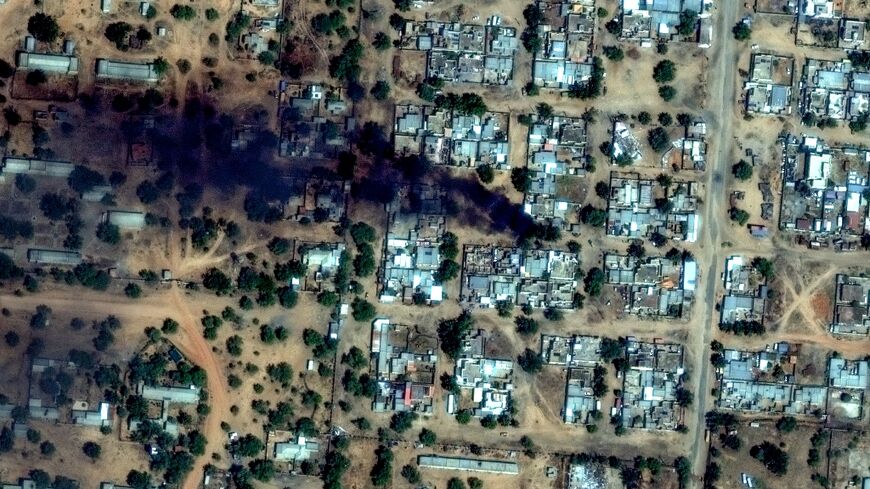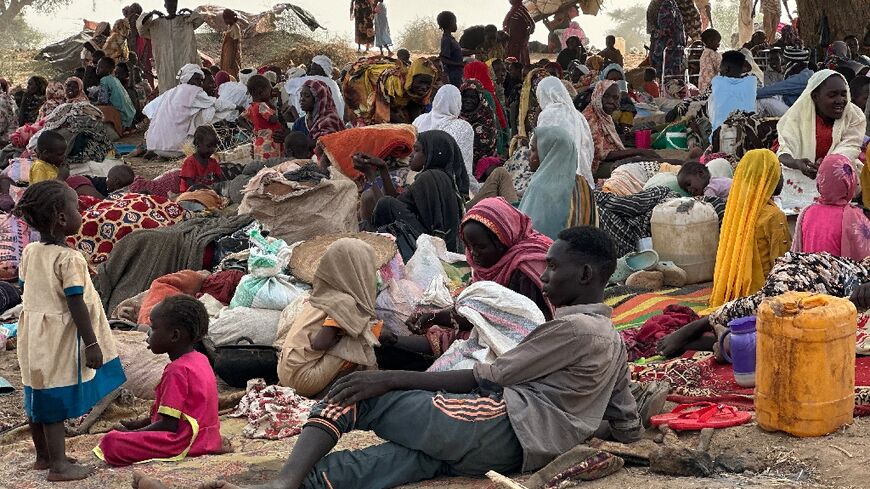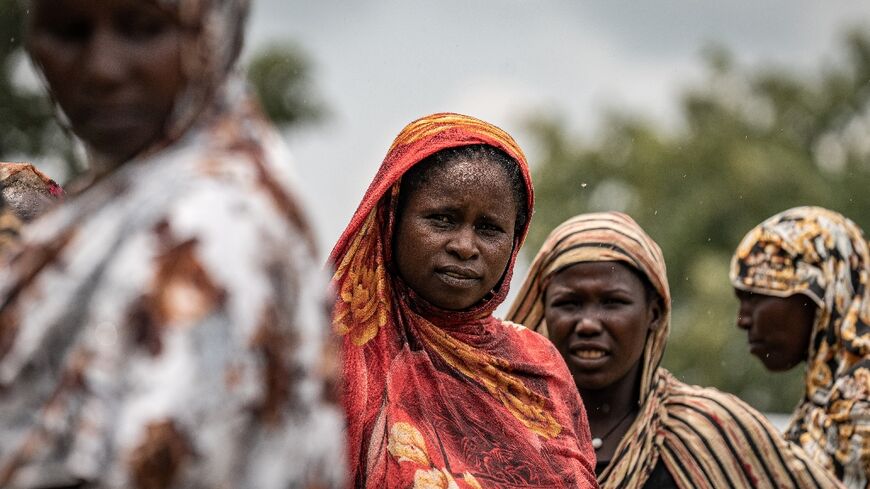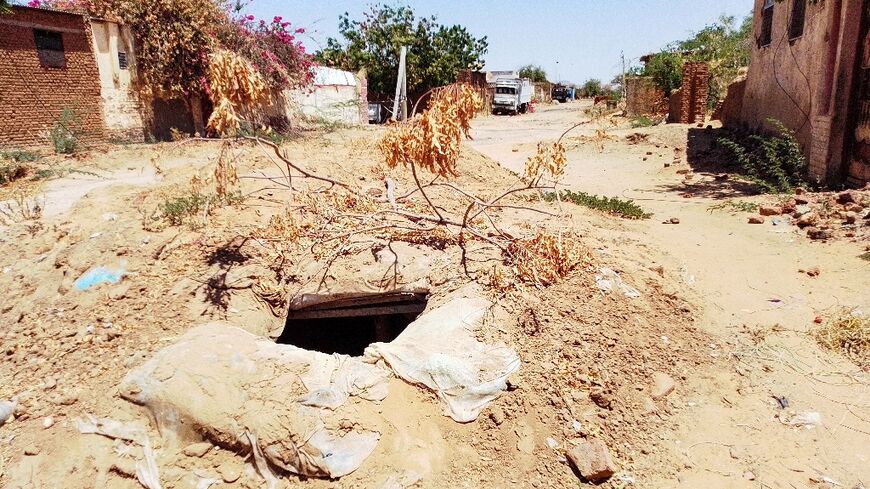57 killed in Sudan's Darfur as trapped civilians fear bloodbath
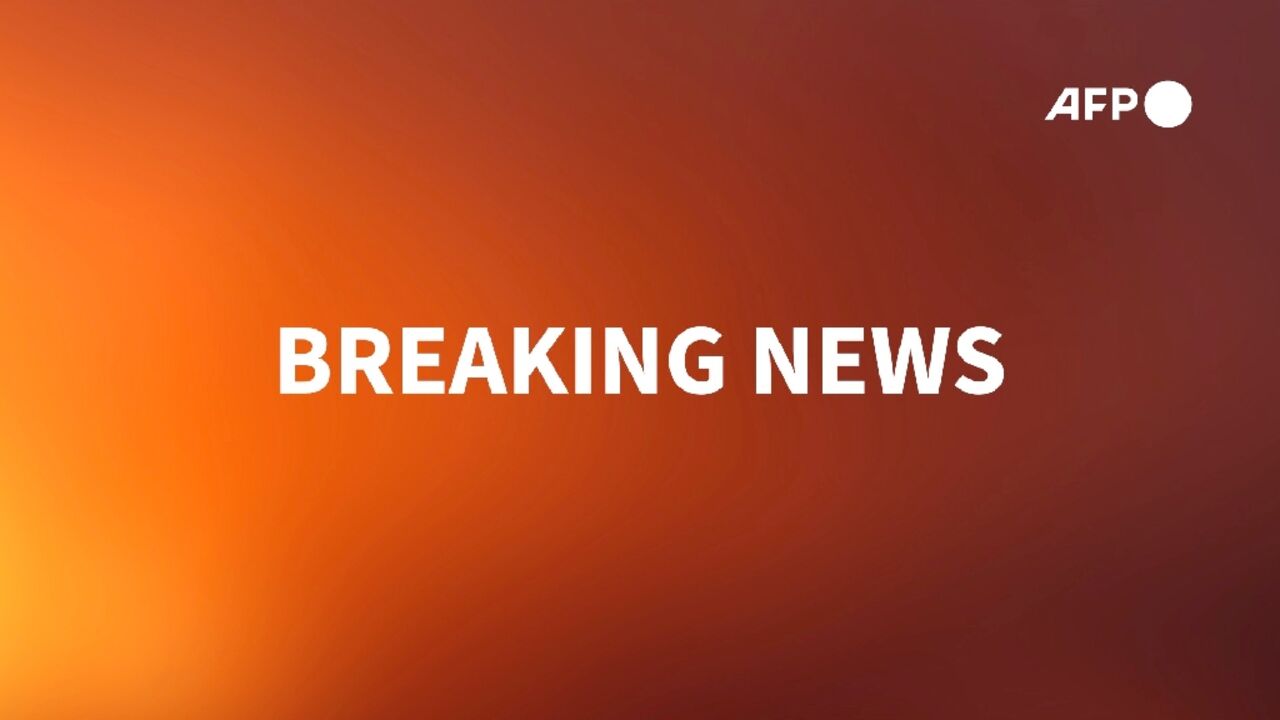
Clashes between Sudanese paramilitaries and the army have killed at least 57 civilians in the besieged Darfur city of El-Fasher, medical and activist sources said Thursday, with civilians fearing a looming bloodbath as fighters close in.
The local resistance committee, a grassroots aid group, said the civilians were killed on Wednesday in clashes following an artillery attack by the paramilitary Rapid Support Forces (RSF), at war with the army since April 2023.
The violence came just days after the RSF killed more than 400 people in attacks on El-Fasher, the capital of North Darfur state, as well as nearby displacement camps, according to the United Nations.
Mohamed, an aid coordinator who fled to El-Fasher to escape the RSF's bloody takeover of the nearby famine-hit Zamzam camp on Sunday, said Thursday that the "shelling has not stopped" since.
"A hundred shells fall in the city centre every single day," he told AFP, giving only his first name out of fear for his safety.
The United Nations, international leaders and aid groups have long warned of the carnage a full-scale RSF attack would bring on the beleaguered city and its environs, where UNICEF warns that at least 825,000 children are trapped in "hell on earth".
El-Fasher, which the RSF has besieged for nearly a year, is the last major urban stronghold in Darfur still under army control.
Following the army's recapture of the capital Khartoum last month, the paramilitary has redoubled its efforts to seize the city, in an apparent last stand to consolidate its hold on Darfur.
The war, which entered its third year on Tuesday, has killed tens of thousands, uprooted 13 million and created what the UN describes as the world's largest hunger and displacement crises.
It has effectively split the country in two, with the army holding the centre, north and east while the RSF controls nearly all of Darfur and, along with its allies, parts of the south.
- 'Nowhere left to go' -
In an earlier statement, the army put Wednesday's death toll at 62, including 15 children aged three to 10, and said dozens more were wounded.
It said it had repelled the "fierce" assault on the city's east in a coordinated response with "allied armed movements, intelligence services, the police" and volunteer fighters.
El-Fasher has been defended in large part by a coalition of army-allied groups known as the Joint Forces, which have for months intercepted RSF supply lines but could see their defences overcome by a full-scale attack.
According to experts, the battle for El-Fasher is an existential one for both the RSF and the Joint Forces, who fear renewed mass ethnic violence at the hands of the paramilitaries.
The RSF on Sunday announced it had taken full control of the Zamzam displacement camp just south of El-Fasher, which aid sources say had sheltered up to a million people and was the first place famine was declared in Sudan last year.
According to the UN's migration agency, by Monday about 400,000 people had been displaced from Zamzam, from which the RSF appears to be preparing to launch more aggressive attacks on El-Fasher.
As of Wednesday, 400 RSF vehicles were positioned inside the camp, according to satellite imagery analysed by Yale University's Humanitarian Research Lab, which has warned of an "imminent large-scale assault" on El-Fasher.
The United Nations has warned that many of Zamzam's residents remain trapped inside the camp, prevented from fleeing by the RSF.
Mohamed, the aid coordinator who survived the attack, was shot in the leg in the fighting and carried to El-Fasher two days later.
With nearly all of the city's health facilities shut down, he is being treated -- along with hundreds more he says arrived with similar injuries -- in private homes with meagre supplies.
"If the attack on El-Fasher happens, we will have nothing to do but shelter in these homes, we have nowhere left to go."
"We will end up like our brothers and sisters in Zamzam," he said, recalling "the sight of the bodies we left behind as we fled".
